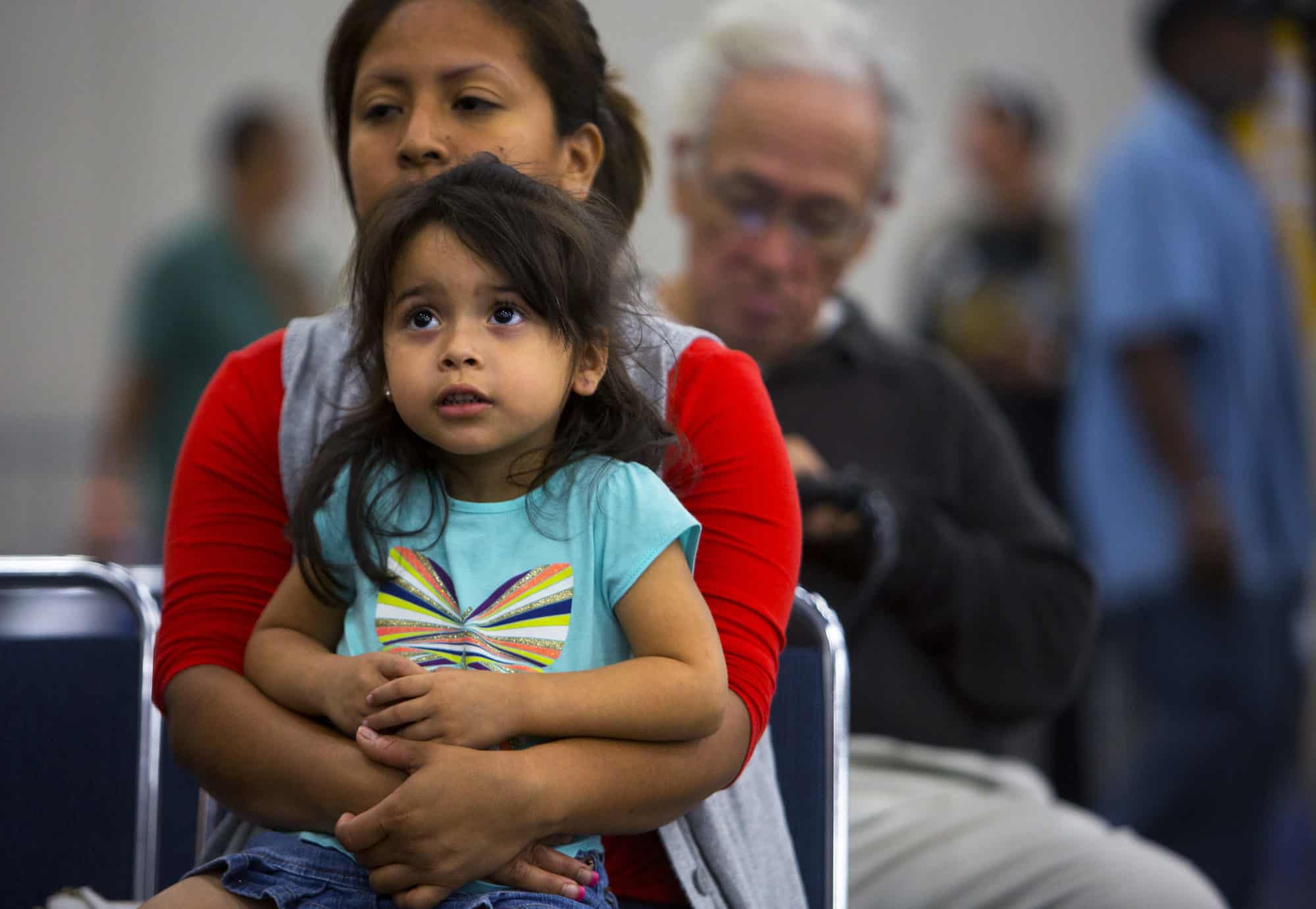
Responding to Emergencies
Helping people affected by disasters, conflict or other crises requires special considerations. Working in a disaster zone or responding to emergencies requires special considerations for a medical outreach team. This section includes general guidelines for humanitarian response in emergencies as well as tools and resources with information on current emergencies. Additional information is provided for specific health and security concerns.
